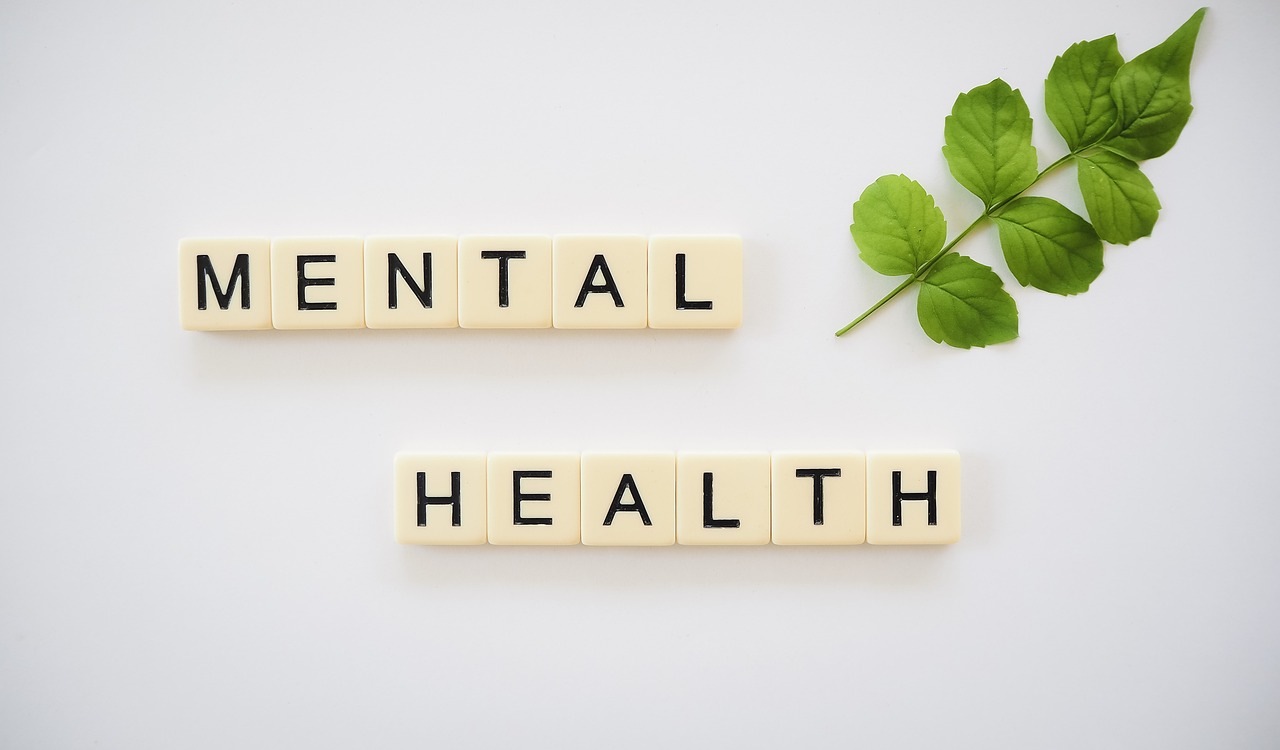Poor Diet and Mental Health: Foods to Avoid for Better Mental Health
Are you feeling low, stressed, or anxious? Your diet might ultimately be playing a bigger role in your mental health than you think. The food choices we make not only affect our physical well-being but also have a major kick on our mental state. According to a study, a poor diet high in processed and sugary foods is often associated with a much greater risk for mental health issues such as depression and anxiety. On the other hand, a healthy diet rich in whole foods has been found to improve mood and overall mental well-being. But what specific foods should we avoid to promote better mental health? Here are some common items that have been shown to negatively impact mental health.
Processed Foods


Moreover, the lack of essential nutrients in processed foods can lead to imbalances in brain chemicals responsible for regulating mood. To support your mental well-being, try swapping processed snacks for nutrient-dense alternatives like fruits, vegetables, nuts, and whole grains. Your mind will thank you for nourishing it with real food that promotes better cognitive function and emotional balance.
Sugary Drinks
Are you reaching for that sugary soda to quench your thirst or boost your energy? Think twice. While those fizzy drinks may offer a temporary sugar rush, they can have long-lasting negative effects on your mental health. Excessive sugar intake from energy drinks, cokes, or even juices has been linked to an increased risk of depression and anxiety. The spikes in blood sugar levels followed by crashes can leave you feeling irritable, anxious, and tired. It’s not exactly the recipe for a balanced mood.
Trans Fats


Making small changes to avoid trans fats in your diet can make a big difference in how you feel mentally and emotionally. Your brain will thank you for choosing nutrient-rich options over damaging trans-fat-laden foods.
Excessive Alcohol
Regularly exceeding recommended limits for alcohol consumption can disrupt the chemical balance in your brain, affecting your mood regulation. Over time, dependence on alcohol to cope with stress or emotions can exacerbate mental health issues. The cycle of using alcohol as a definitive crutch ultimately perpetuates negative feelings and behaviors. Instead of turning to alcohol for relief, seek healthier coping mechanisms such as regular fun exercise, meditation, or talking to a therapist. Prioritize your mental well-being by limiting alcohol intake and finding alternative ways to manage stressors in your life. Your mind will thank you in the long run for making conscious choices that support positive mental health.
Highly Caffeinated Drinks


Not to mention, the crash that often follows a caffeine high can leave you feeling even more fatigued than before. What we eat has a significant impact on our mental health. So please avoid processed foods, sugary drinks, trans fats, excessive alcohol, and highly caffeinated drinks. This way, you can better support your mental well-being.


